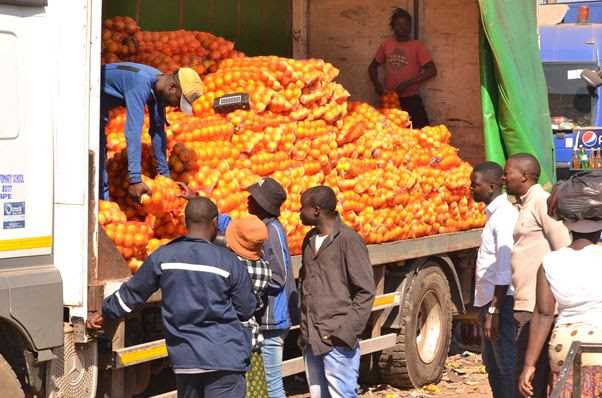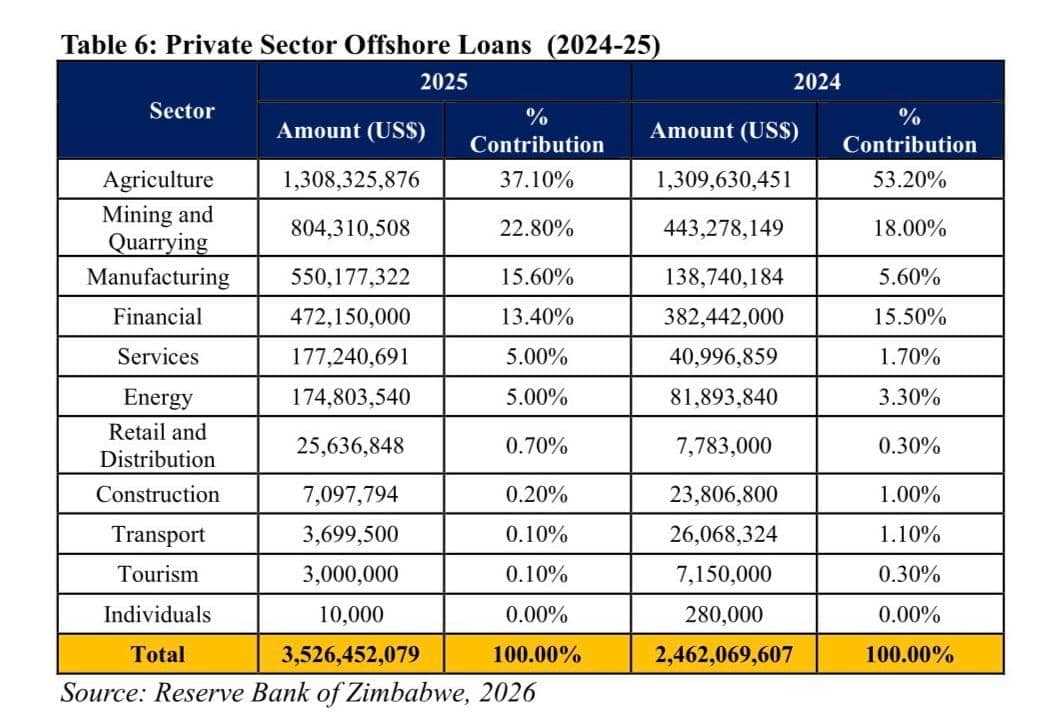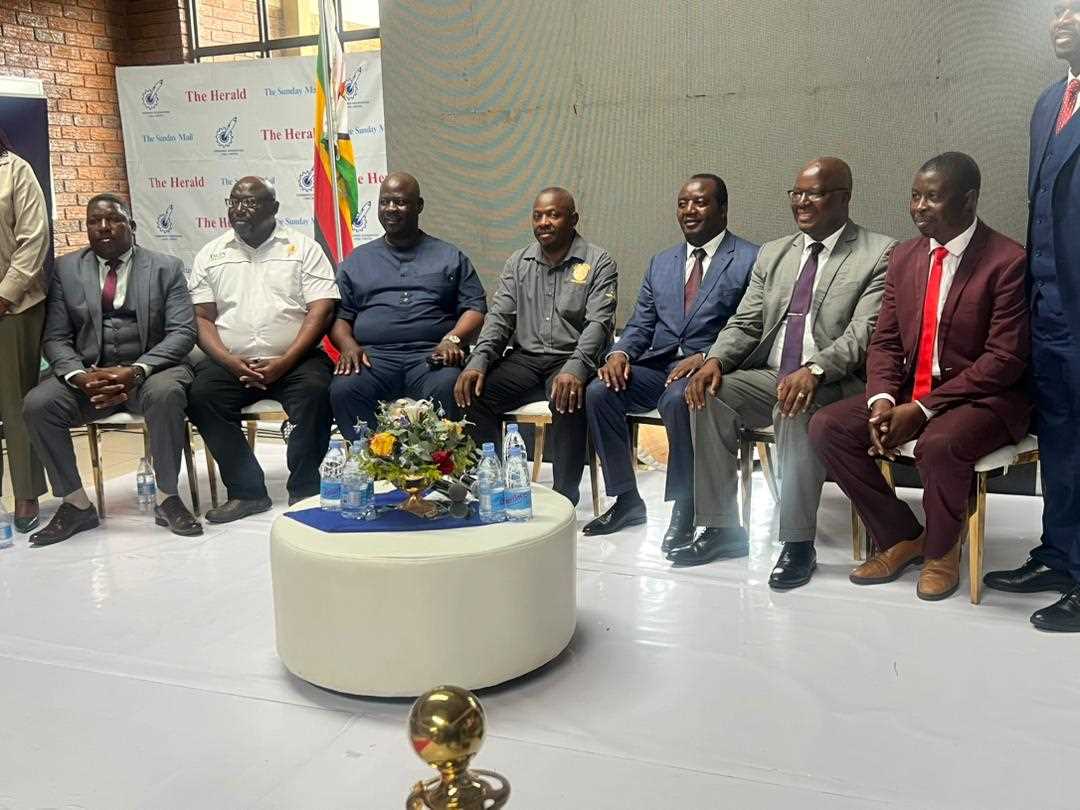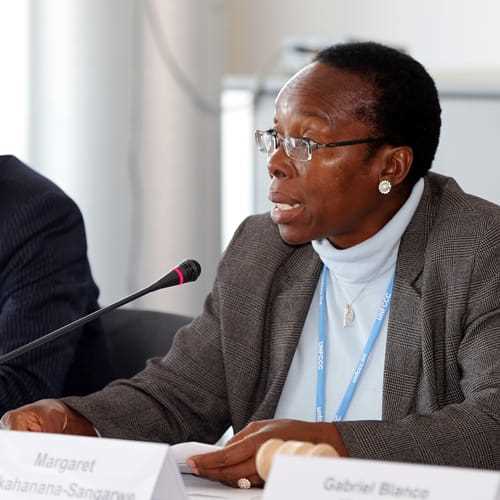- Million dollar projects leave no lasting effect
- Externally driven media hyped programmes fizzle to nothing
- NGO driven programmes lack sound business case that can drive sustainability beyond funding cycles
- Infrastructure development as food security intervention

Charles Dhewa
Even when sufficient funding is made available, African countries may fail to feed themselves and produce excess food for exporting in a consistent manner. A major reason for this predicament is disorganized and uncoordinated food systems. In most cases, markets have no idea how much is being produced in which areas and when commodities are ready for consumption. Farmers are also not sure about the size of the market in terms of trading space and consumer base.
Enduring mismatches between production and consumptions
Although the challenge has continued to be mentioned in various communities, meetings and even parliamentary debates, mismatch between production and consumption has not received the attention and resources it deserves from funders, policy makers and development funders for decades.
Big programs that are often launched with pomp and enormous media publicity usually close shop without addressing production to consumption bottlenecks that are keeping African food systems unviable and unsustainable. Two big programs implemented in Zimbabwe over the past few years are a good illustration of this challenge.
Millions of United States dollars were poured into a five-year program called the Livelihood and Food Security Program (LFSP), bringing together several NGOs and government departments. The program documents were embellished with well-meaning language like value chain development, nutrition security and market linkages.
When the program ended after five years of implementation and additional two years’ extension, farmers and communities in districts where the program was implemented were still facing the same challenges the program intended to solve.
Right now, the majority of farmers are still selling communities to mass food markets with poor infrastructure like Mbare in Harare and Sakubva in Mutare as they have been doing for years.
Those who produce livestock are still struggling to sell their cattle, chickens and goats due to absence of viable markets. If the challenges have not been solved, where have the millions of United States dollars gone?
Another big seven-year program which was closed in September 2022 was called the Zimbabwe Resilience Building Fund (ZRBF). Like the LFSP, the ZRBF was a multi-million and multi-year program bringing together several NGOs working in consortiums. After seven years, communities have been left where the program found them, if not worse off. The fact that building reliable information systems is a key part of building resilience was totally ignored in this program.
The dark side of artificial relationships
The above examples are just a tip of the iceberg across Africa where most African countries have had big externally-driven agriculture programs that receive massive media attention and policy support at the beginning but end with no meaningful impact.
Related Stories
Smallholder and community-driven interventions and their local markets seem more resilient and sustainable than big top-down interventions and formal markets. Unfortunately, for some reason, lessons are not being learnt.
Where the formal private sector is brought into some of these programs, usually in a tokenistic fashion, there is often no continuous relationship between farmers and the private sector once the program comes to an end.
This shows limitations of creating artificial relationships between the private sector and farming communities. If agribusiness opportunities are available, it should not take persuasion by a development program for the private sector to invest. Development organizations may not understand business better than private sector. When you see the private sector not getting into some value chains, it means there is no business case for them.
It might be better for development organizations and government to assist with building social enterprises than try to invite the private sector into what is clearly unviable and unsustainable. Instead of the private sector leading in taking commodities like Bambara nuts to the world, we have seen some development agencies taking these commodities to international food fairs on behalf of farmers.
Need for strong coordination platforms
In the absence of strong coordination platforms, disorganization will continue to dog African food systems. It will continue to be impossible for actors in the same sector or value chains to leverage on their skills, knowledge and other resources.
Farmers who are getting free inputs and those who are buying inputs using their own money will continue competing in the same market.
Big farmers with several advantages including power to walk into a bank and get a loan almost immediately will continue taking advantage of smallholder farmers by producing and dumping commodities in mass markets where smallholder farmers are trying to eke a living.
Through a coordinated platform, farmers will be able to build reliable relationships with the market rather than meet buyers at the point of transaction or selling in the market, exposing themselves to all kinds of manipulation. A platform for coordinating food systems and supply chains will also show the extent to which some farmers and production zones are disadvantaged compared to others.
For instance, evidence is beginning to show how poor road infrastructure is negatively affecting rural smallholder farmers who use public transport like long distance buses to take their commodities to the market.
In areas with good road infrastructure, farmers and traders pay USD10 for a distance of 300km but those using bad roads pay the same amount for a distance of less than 50km. Building better rural roads and bridges can be a better investment for development interventions than continue supporting farmers to produce when taking food to the market is a nightmare.
charles@knowledgetransafrica.com / charles@emkambo.co.zw / info@knowledgetransafrica.com
Website: www.emkambo.co.zw / www.knowledgetransafrica.com

















Leave Comments